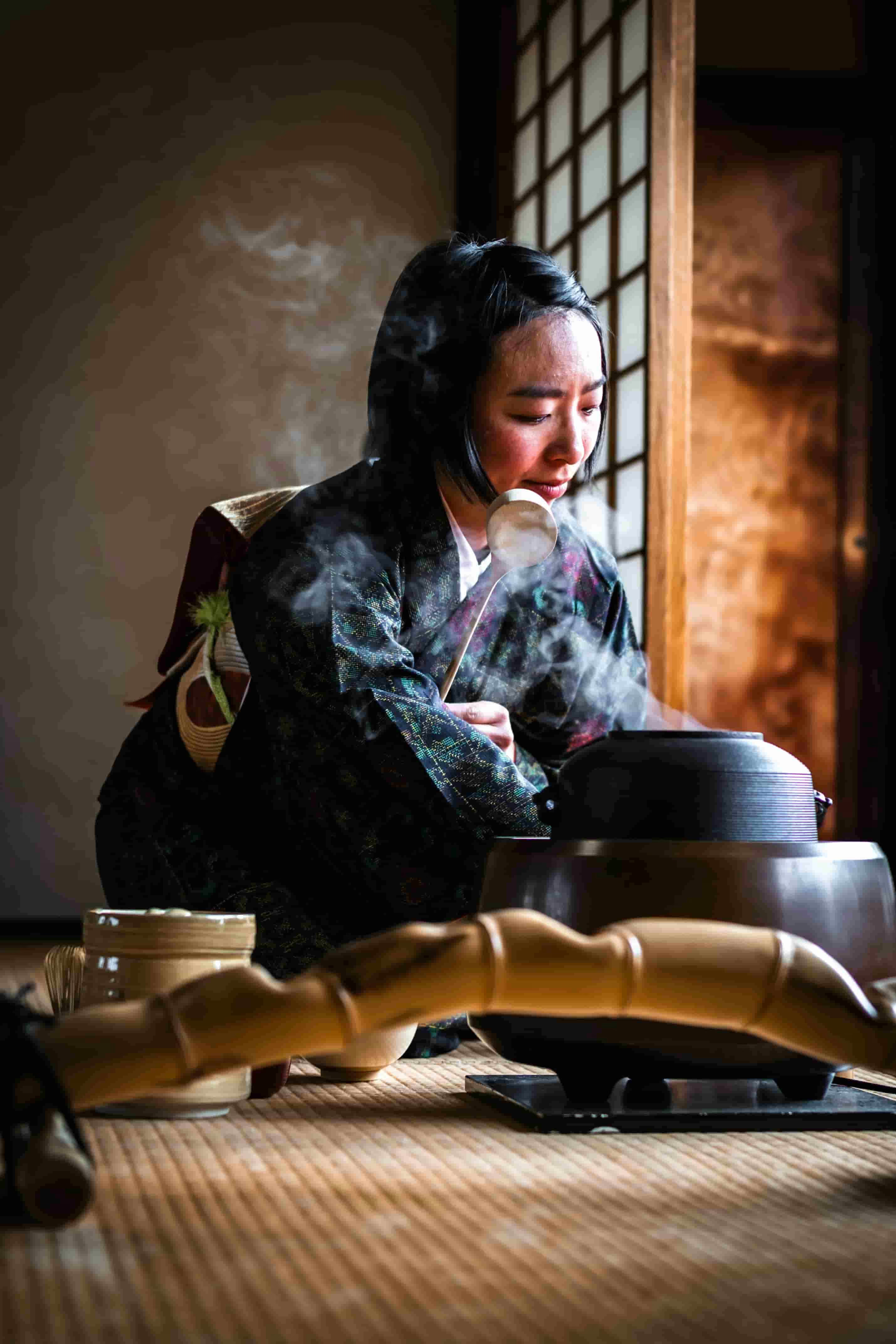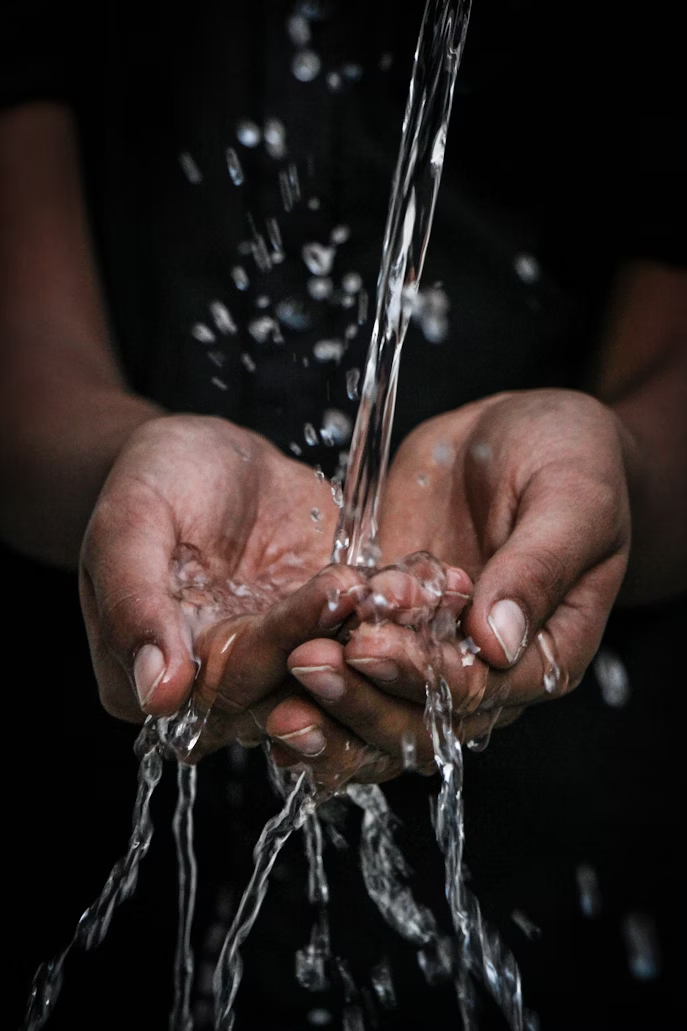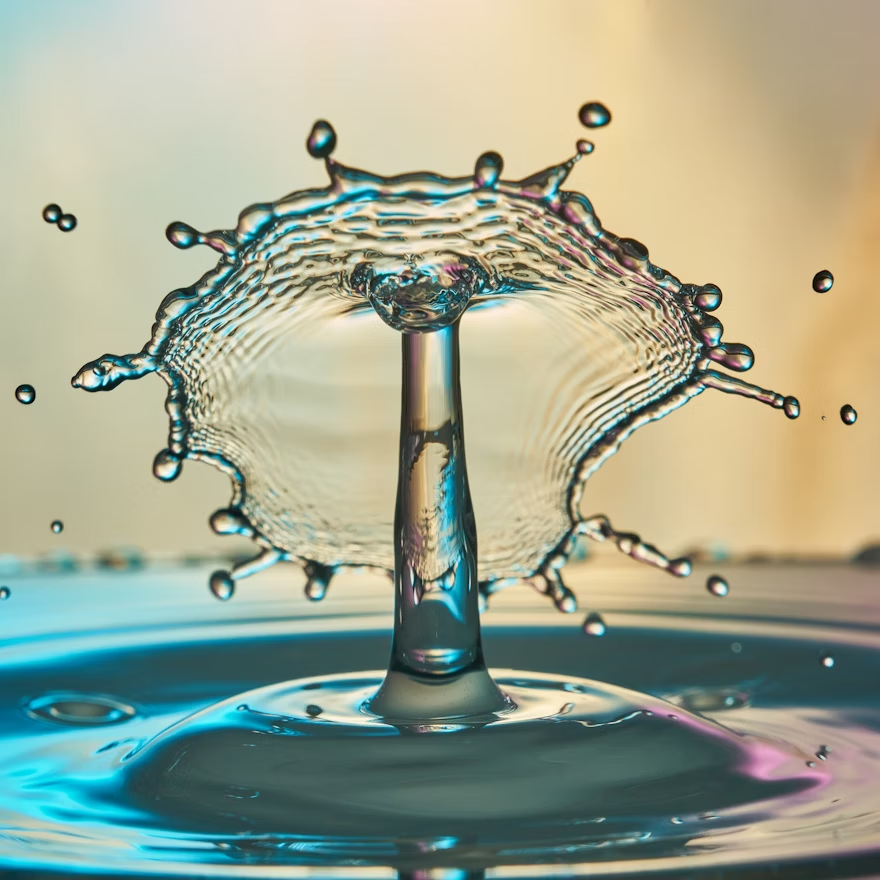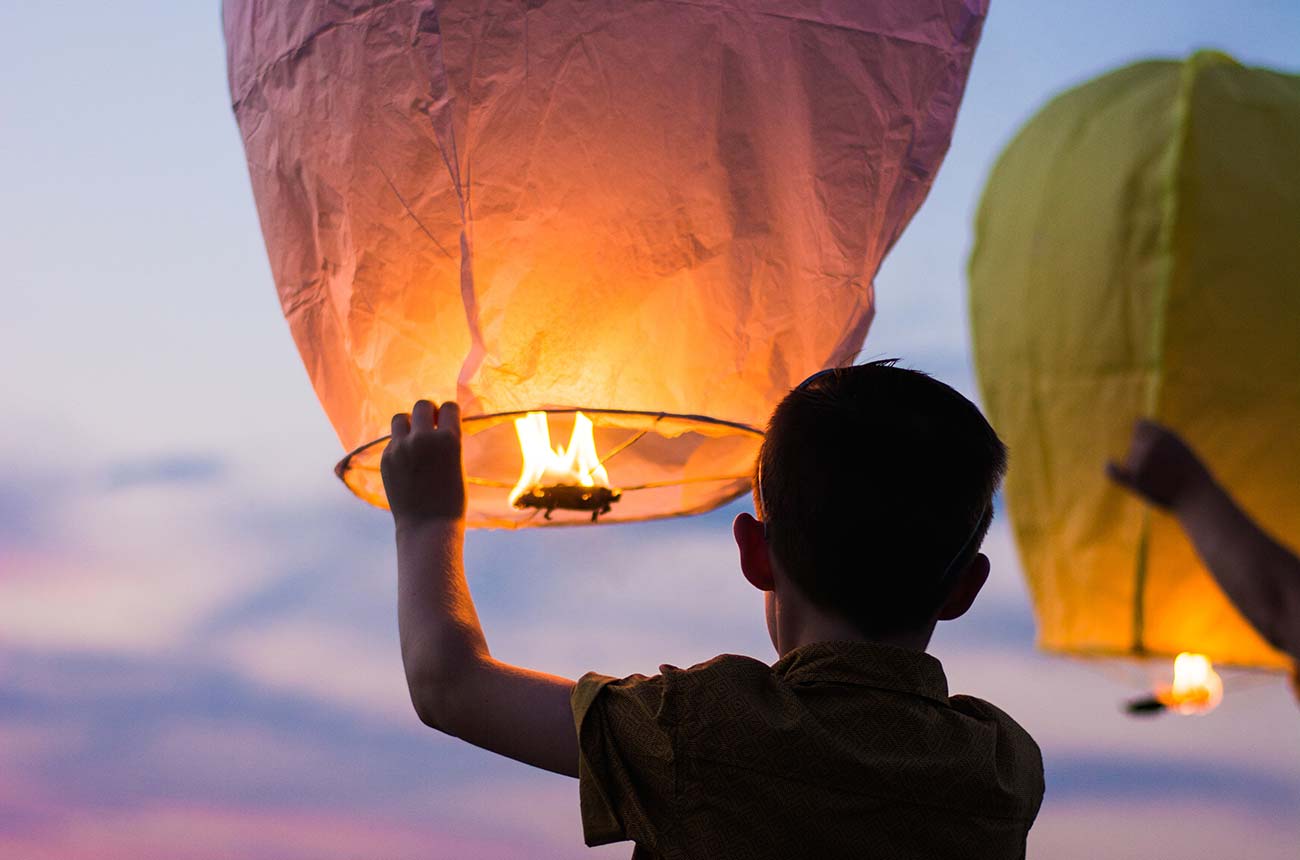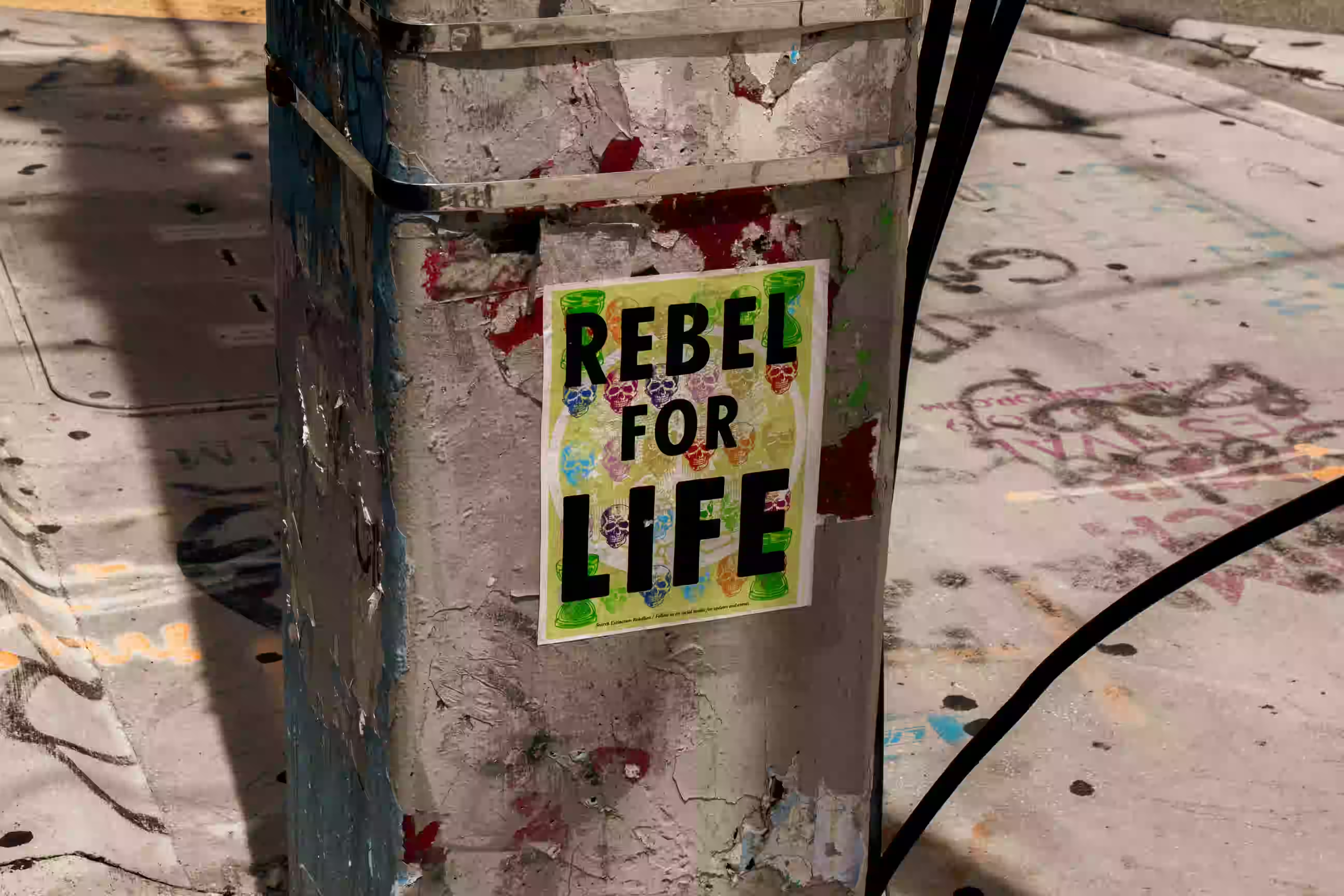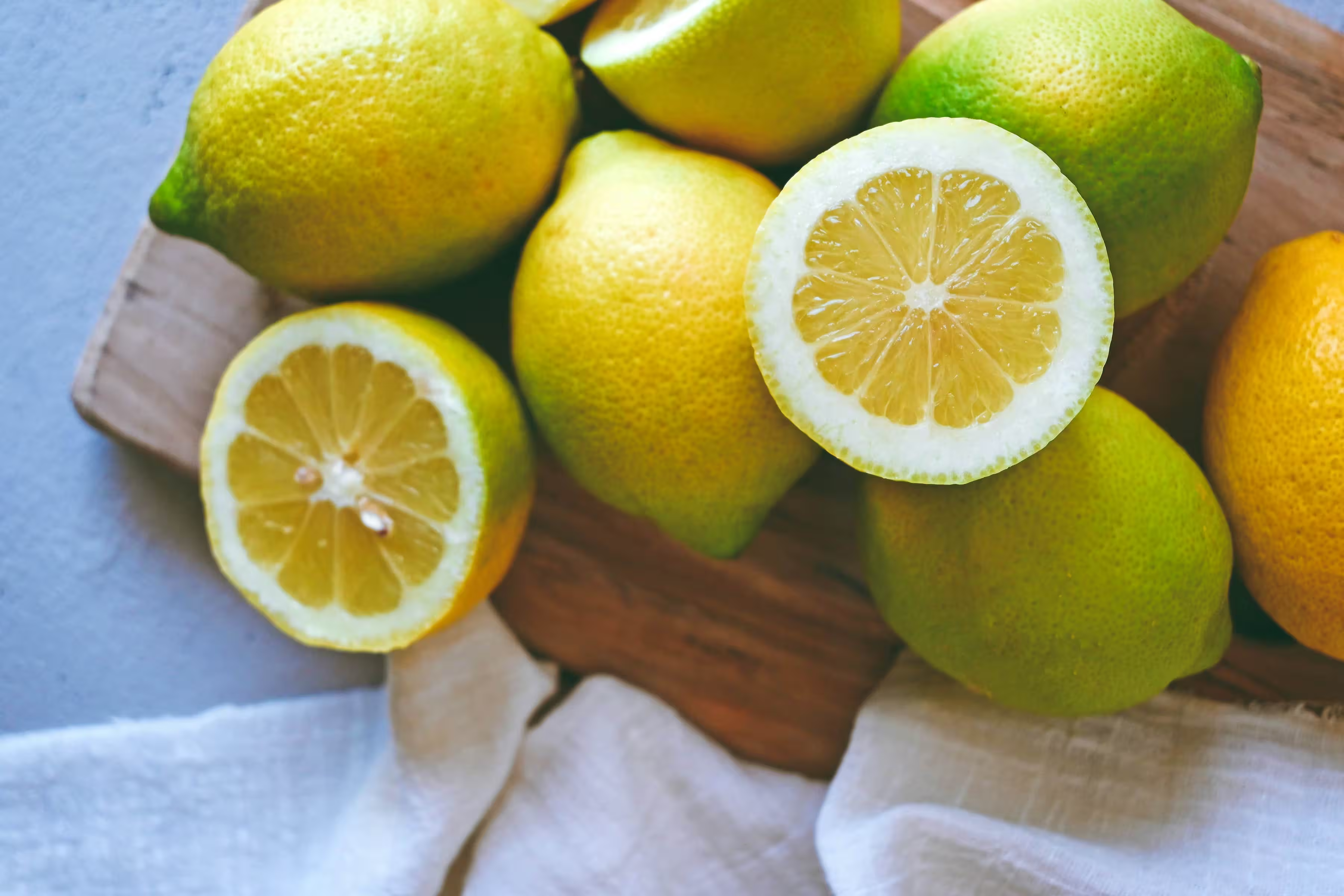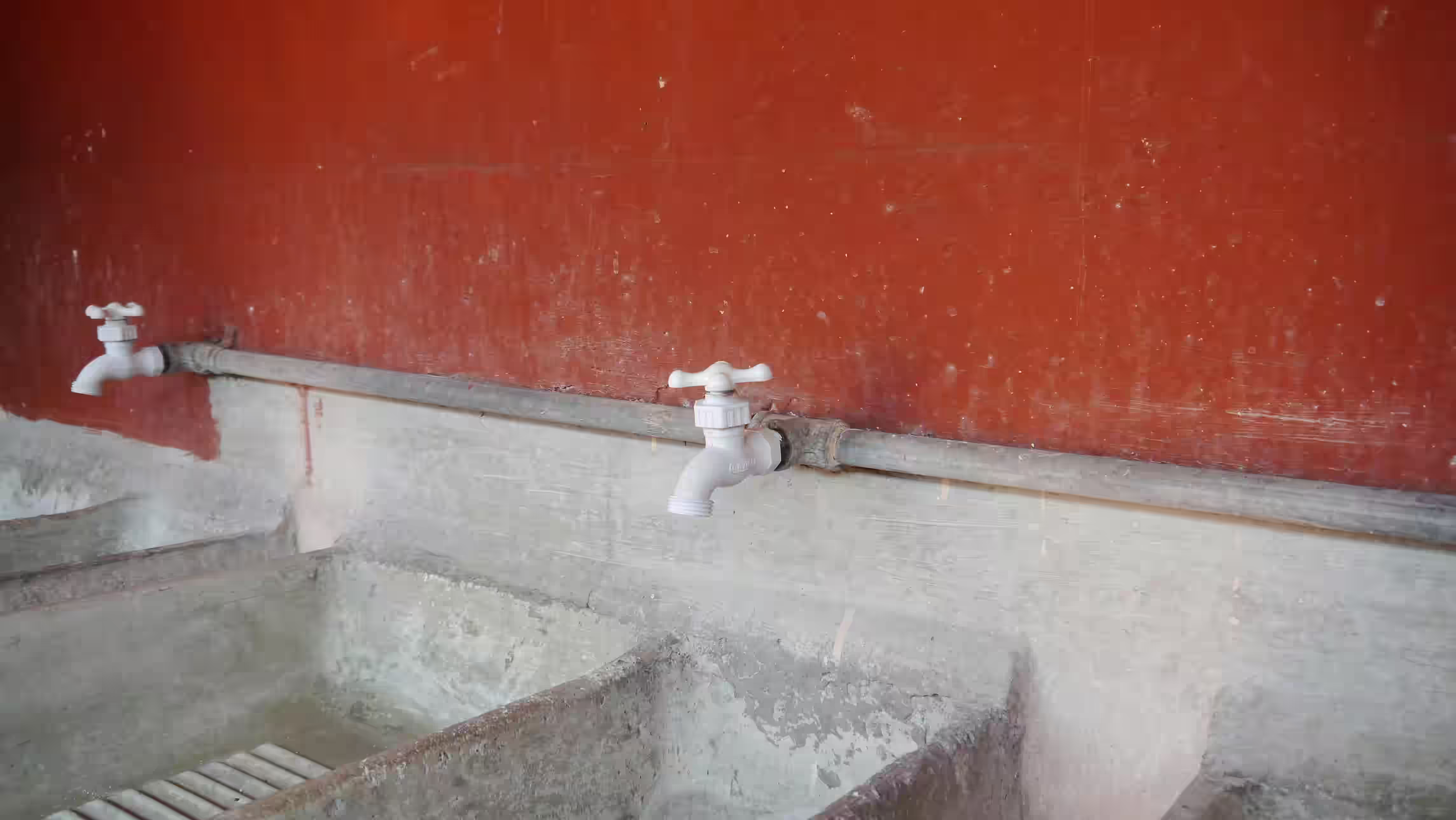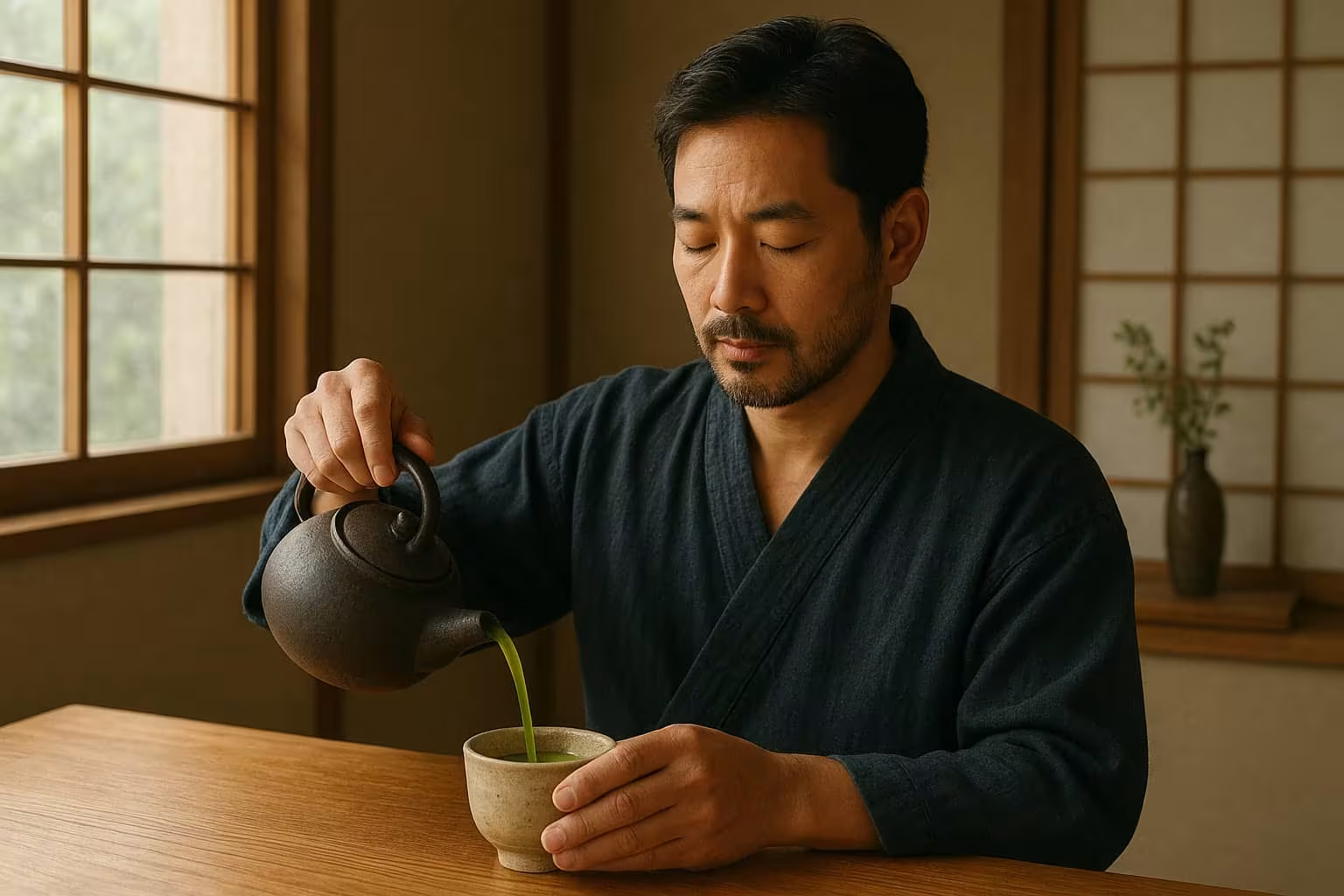

Wisdom: How Japanese Culture Can Transform Your Relationship with Water
How Japanese water traditions offer life-changing lessons that could revolutionize how you think about the most essential element on earth.
Picture this: you're standing under a freezing waterfall at dawn, water cascading over your body as you chant ancient words.
When water becomes sacred
Sounds extreme? For millions of Japanese people, this powerful ritual called misogi represents something profound—a complete reset for both body and soul. While you might not be ready to brave icy mountain streams, Japanese water traditions offer insights that could change everything about how you experience water.
Water isn't just water
In Japanese culture, water isn't just water—it's a living, breathing entity with its own spirit. This worldview, deeply rooted in Shinto beliefs, sees water as a purifying force capable of washing away not just physical dirt, but spiritual impurities, negative energy, and life's accumulated stress. Rivers, waterfalls, and springs are considered sacred spaces where humans can connect with divine energy.

Pause & Reflect
When did water last make you feel something beyond hydration?
The original cold therapy
Before ice baths became an Instagram and TikTok trend, Japanese practitioners were perfecting misogi—ritual purification under waterfalls or in cold rivers. This Shinto practice involves standing under cascading cold water while chanting, asking the spirits to cleanse the six elements that make up humans: the five senses and the mind.
Why your brain loves water sounds
This isn't just ancient mysticism—modern neuroscience confirms that natural water sounds reduce cortisol levels and activate the parasympathetic nervous system, promoting deep relaxation. Today's wellness influencers promoting cold exposure therapy are essentially rediscovering ancient Japanese wisdom.
One time, one meeting philosophy
Japanese tea ceremony, or chanoyu (literally "hot water for tea"), embodies "ichi-go ichi-e"—recognizing that each gathering is a once-in-a-lifetime event, never to occur again. Every movement is intentional, from how water is heated to how the tea bowl is rotated. This philosophy transforms routine water activities into opportunities for mindfulness.
The 30-second reset ritual
Before entering any Shinto shrine, visitors perform temizu—a simple hand and mouth washing ritual at water basins. This practice represents a simplified version of misogi that purifies the body before entering sacred space. It's like creating mental boundaries between different parts of your day using nothing but water and intention.

Pause & Reflect
What if washing your hands could actually reset your entire mindset?
Your daily water upgrade
You don't need to move to Japan to benefit from these insights. Start small with daily rituals—appreciating your morning shower, practicing gratitude while drinking water, or washing dishes with full attention. Transform your coffee preparation into a mini tea ceremony. Focus on each step and approach the process with reverence.
Misogi is the shortest way to approach and assimilate the kami nature (divine essence)
Rev. Yukitaka Yamamoto, 96th High Priest of Tsubaki Grand Shrine
The gateway to deeper awareness
Japanese water culture teaches us that our relationship with water can be a gateway to deeper self-awareness, stress reduction, and spiritual growth. In our hyperconnected world, these ancient practices offer a path back to presence, purity, and peace. For Gen Z, misogi offers a powerful alternative to doom-scrolling when life feels overwhelming.
Cold exposure, ancient style
Modern practitioners describe misogi as confronting "the unrelenting coldness of waterfalls" as both a physical challenge and spiritual test that forges personal growth and mental fortitude. Begin with 30-second cold showers and gradually increase duration. Focus on breathing and mental resilience rather than just physical endurance.
Creating your water sanctuary
Designate a corner of your bathroom or kitchen as your "water sanctuary"—a place for mindful water rituals and reflection. Connect with nature by seeking out natural water sources for hiking, swimming, or simply listening to flowing water sounds. Instead of numbing stress with distractions, learn to face discomfort head-on and emerge stronger.
Closing thoughts



